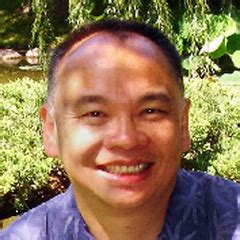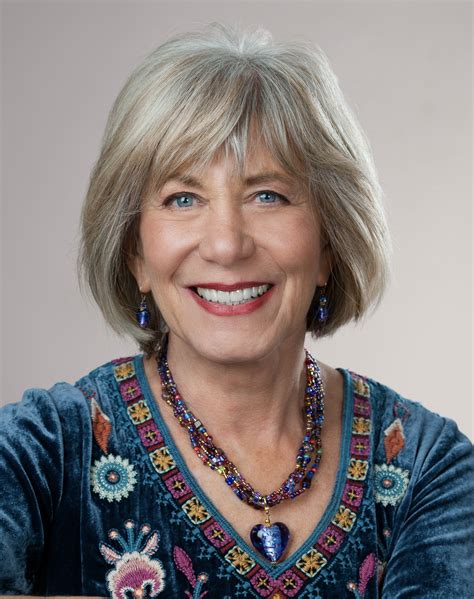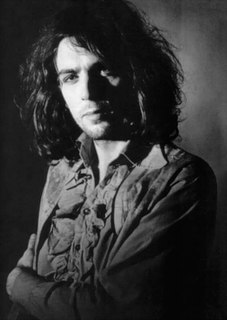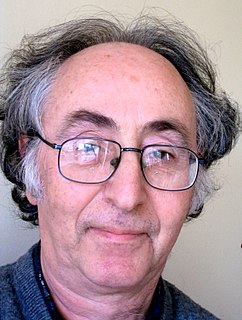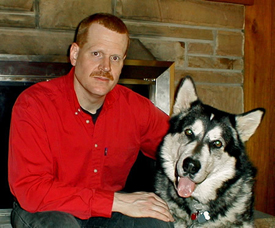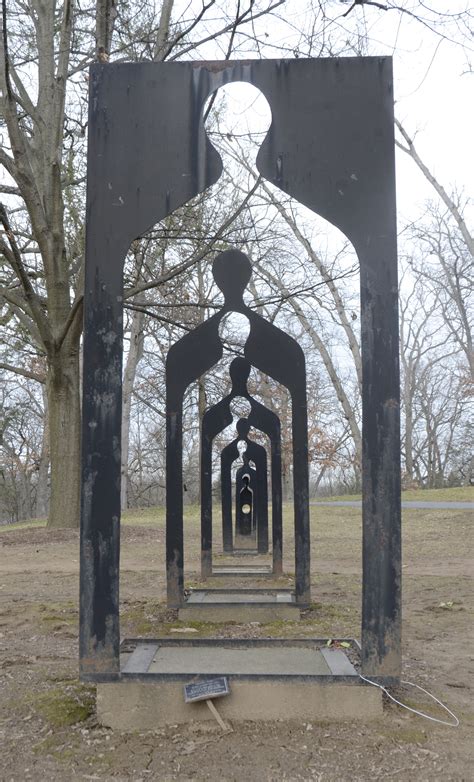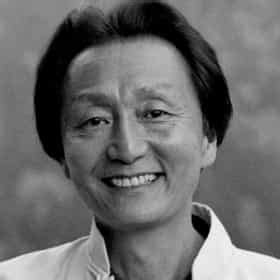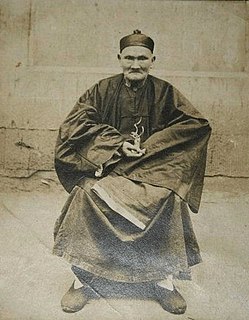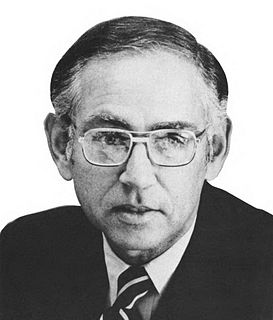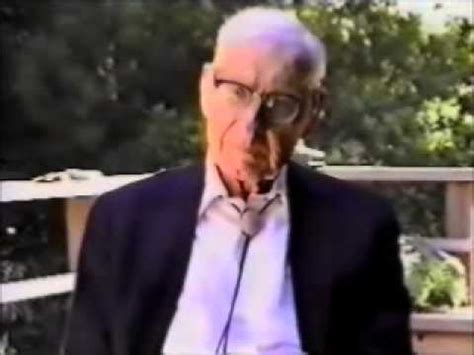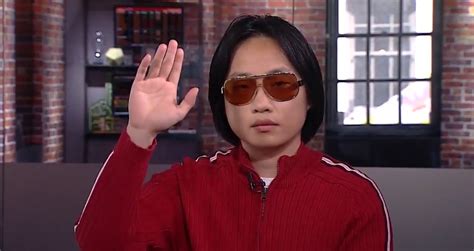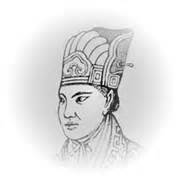Top 230 Tao Ching Quotes & Sayings - Page 3
Explore popular Tao Ching quotes.
Last updated on April 15, 2025.
The Tao asks you to clearly see the parallels between you and this naturally flowing substance that allows life to sustain itself. Live as water lives, since you are water. Become as contented as the fluid that animates and supports you. Let your thoughts and behaviors move smoothly in accordance with the nature of all things.
I came back to this idea of telling the stories of women who aren't in all of the history books. Their names are not up there next to male names that we've know since we were little kids. Ching Shih, for example, was a pirate commander from the late 1800s to the early 1900s. She was one of the most fearsome pirates, why is her name not included when we list the names of great pirates like Blackbeard?
I was sleeping in the woods one night after a gig we'd played somewhere, when I saw this girl appear before me. That girl was Emily. (on how he wrote "See Emily Play") "Chapter 24"-that was from the "I Ching", there was someone around who was very into that, most of the words came straight off that. "Lucifer Sam" was another one-it didn't mean much to me at the time, but then three or four months later it came to mean a lot.
I read a book called 'The Tao of Physics' by Fritjof Capra that pointed out the parallels between quantum physics and eastern mysticism. I started to feel there was more to reality than conventional science allowed for and some interesting ideas that it hadn't got round to investigating, such as altered states of consciousness.
When we are clear enough about our own point of view, we can find help in the methods of Eastern Christianity or in the ways of the Far East, perhaps by consulting the I Ching or through mandala contemplation; we may even find help in the ways of shamanism or Islam. If we are clear about where we stand and the direction we must take, such methods may be useful in order to follow our own way to the end.
It can be a way of knowledge, a path, an inspiration, a Tao, an ordering, a memory, a fantasy, a seduction, a prayer, a summoning, an incantation murmured under the breath as the torchlights sink lower and the forest looms taller and the wolves howl louder and the fire prepares for its submission to the encroaching dark.
The I Ching tells us that for every ending there is a new beginning. In other words, what appears like a transition isn't really a transition; it's a continuum of existence. If you close your eyes for a moment the room will appear to go away. But does it really? Open your eyes again and the room will still be there. That's all death is.





